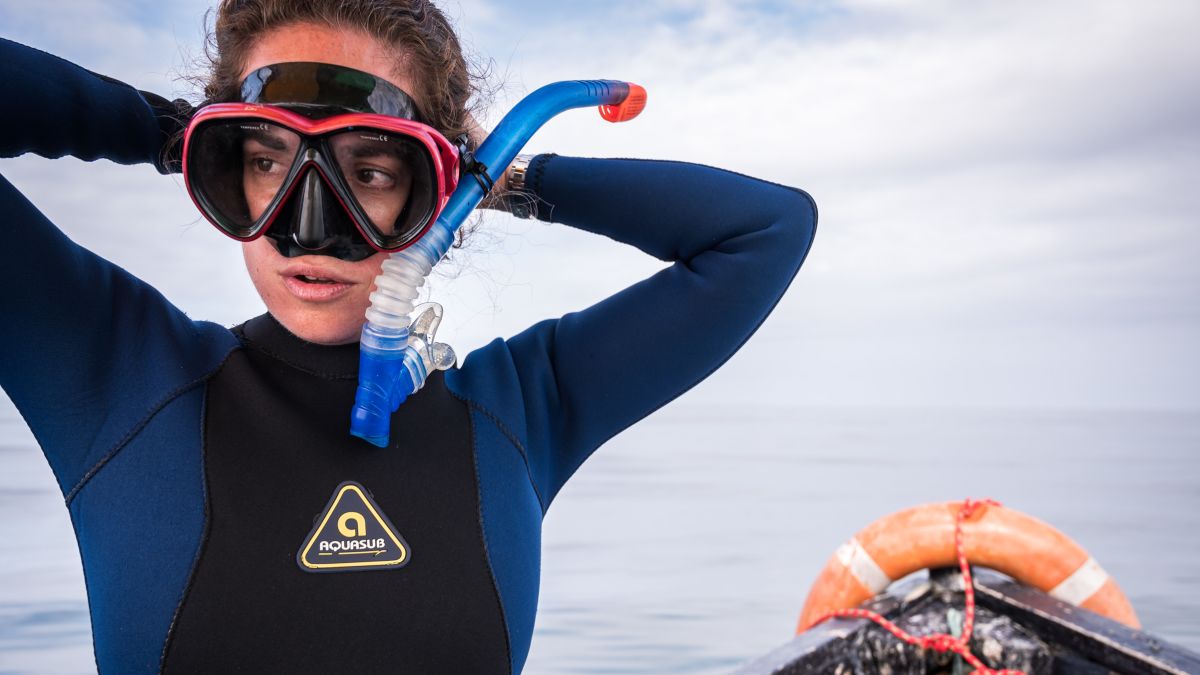Credits CNN Call to Earth.
The Peruvian conservationist has long held a passion for marine life and she tells CNN about why the oceans need protecting, “The ocean is our planet’s main life-support system. None of us could be here on this planet today if we didn’t have the ocean. It provides us with over 70% of the oxygen that we breathe. It provides us with a habitable climate. It provides us with resources for subsistence, for livelihoods.”
After finishing her undergraduate degree in biology, Forsberg started a small community project conserving endangered sea turtles in northern Peru. Two years later, in 2009, she founded “Planeta Océano,” an organisation that aims to empower local communities to look after the ocean. Its work with giant manta rays led to Peru’s government granting the species legal protection.
Forsberg speaks to CNN about her organisation’s work protecting manta rays, “If we want to make sure that the ocean is healthy, we need to think about all the different species that live there. Working with these charismatic species and understanding them will lead us to wanting to care for the ocean as a whole. If you care for a giant manta ray, you want the manta to live in a healthy ocean, and you will want to share a healthy ocean with that manta as well.”
Forsberg, who was named a Laureate of the Rolex Awards for Enterprise in 2016, emphasises the need for community action and education to achieve long-lasting conservation. She describes why this local approach is important, “If you want to develop change for marine conservation, it really is all about local empowerment and creating ownership. It’s all about people. Of course, it’s critical to have policy, enforcement, regulation, and it’s critical to have sustainable business practices and science. But it’s about looking at all different sectors of society and identifying how each can contribute.”
One of the key elements of this community-focused approach is helping fishermen find alternative income through ecotourism. Forsberg explains, “It’s not enough just to research or educate — you need to think about creative solutions that can support the livelihoods of these impoverished communities and can give alternatives to small-scale fishermen. For example, we’ve been working with fishermen to build manta ray ecotourism and community-based ecotourism, as this serves not just as a way for fishermen to contribute to conservation but also to develop additional income that is really benefiting them and their communities.”
Kerstin Forsberg is a Rolex Award Laureate and is also the guest editor of the Call To Earth web page until the end of July, helping to continue showcasing ocean related stories as part of the initiative at CNN.


